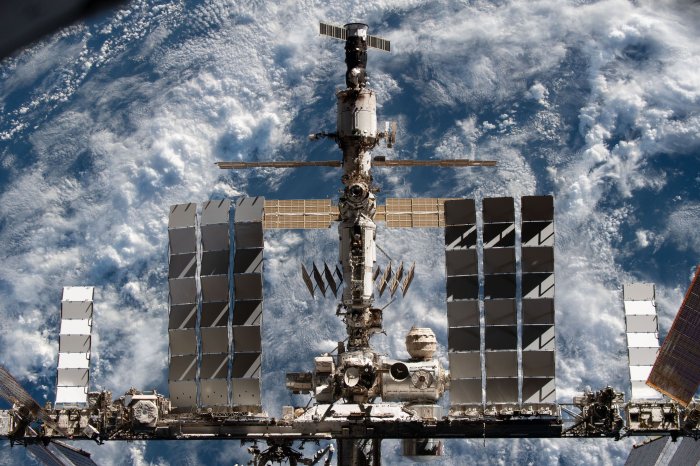1 of 5 | Aerojet Rocketdyne tested an RS-25 engine for NASA's Space Launch System moon rocket at Stennis Space Center in Mississippi in 2017. Photo courtesy of Aerojet Rocketdyne
ORLANDO, Fla., Feb. 15 (UPI) -- Lockheed Martin, the largest U.S. defense contractor, has dropped its proposal to buy rocket-engine maker Aerojet Rocketdyne, but experts said another suitor could emerge.
The Sacramento-based Aerojet has produced engines for the space shuttle, is working on engines for NASA's next moon rockets and is also developing hypersonic missile systems for the U.S. military.
Lockheed said Monday it was dropping the merger plan because the Federal Trade Commission sued to block the deal due to fears that Maryland-based Lockheed would achieve a stranglehold over missile production.
But the end of Lockheed's bid doesn't mean someone else won't come along and buy Aerojet, according to Cynthia Cook, a director at the Center for Strategic and International Studies, a Washington, D.C.-based think tank.
"It would not be surprising if Aerojet ended up being purchased by another company -- the fact that they agreed to be acquired by Lockheed Martin indicates that they are open to this, even though they have released a statement saying they would press ahead as an independent company," Cook, who heads the center's Defense-Industrial Initiatives Group, told UPI.
And although the Biden Administration has signaled it will oppose anti-competitive consolidation in the defense industry, Lockheed and other contractors may seek other acquisition targets soon, she said.
"It's too soon for us to know how the Biden Administration will handle similar deals in the defense sector. We need a few more examples before we can draw conclusions," Cook said.
Aerojet Rocketdyne is best-known for producing RS-25 rocket engines that powered the space shuttle, while it has modified those for use on the newer SLS moon rocket for NASA. The space agency is preparing to launch an uncrewed SLS this spring.
Aerojet also works on engines for hypersonic missile systems, a niche where it has only one other U.S. competitor, Virginia-based Northrop Grumman.
Lockheed CEO James Taiclet said in a statement Monday that buying Aerojet "would have benefited the entire industry through greater efficiency, speed and significant cost reductions for the U.S. government." But he said the company didn't want to proceed in a federal suit against the FTC.
The FTC had argued that buying Aerojet would have allowed Lockheed to cut off other contractors from critical components needed to build missiles.
"Without competitive pressure, Lockheed can jack up the price the U.S. government has to pay, while delivering lower quality and less innovation. We cannot afford to allow further concentration in markets critical to our national security and defense," FTC Bureau of Competition Director Holly Vedova said in a news release.
But trying to block Lockheed's deal doesn't make sense if the government wants to see Aerojet Rocketdyne thrive, Marco Cáceres, space analyst for Virginia-based Teal Group, told UPI in an interview.
It's important to recognize that Aerojet is facing stiff competition for rocket engines from Elon Musk's SpaceX, numerous small launchers and Jeff Bezos' Blue Origin, Cáceres said.
SpaceX makes their own rocket engines, while Blue Origin has been trying to develop a new engine for United Launch Alliance -- which is jointly owned by Lockheed and Boeing.
Those newer space companies, however, have shown no interest in building engines for missiles, he noted.
"The one thing that the government should do to foster competition and provide more diversity in terms of competitive launch is precisely to have allowed" the merger, he said.
"I think you're in danger of losing Boeing and Lockheed, two big legacy companies in launch services, because they just can't compete on price with SpaceX, they don't have the reusable technology, either," Cáceres said.
The International Space Station is pictured from the SpaceX Crew Dragon Endeavour during a flyaround of the orbiting lab that took place following its undocking from the Harmony module’s space-facing port on November 8. Photo courtesy of NASA
















